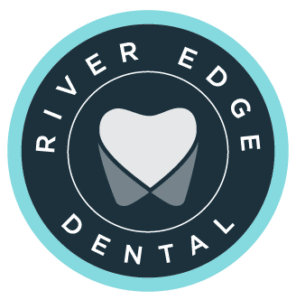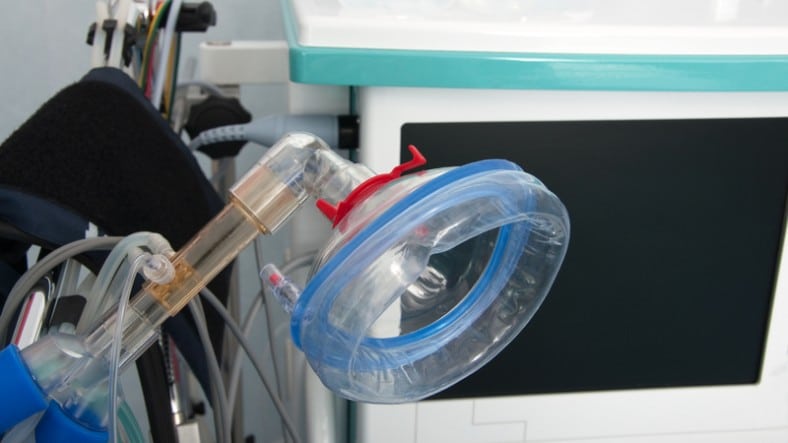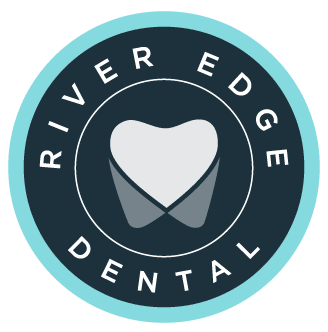But this silver lining comes with one dark cloud: patients have difficulty complying with CPAP, the frontline treatment they are almost universally prescribed. A new study on CPAP adherence in the Journal of Clinical Sleep Medicine shows us just how bad that compliance rate is.
Looking at Compliance in a Hospital Setting
Most people are diagnosed with sleep apnea and prescribed CPAP in an outpatient setting. They talk to their doctor, dentist, or sleep physician and have a sleep test either at home or in a sleep center. Then they are prescribed a treatment, typically CPAP. We know that compliance rates for people treated in an outpatient setting are not good, perhaps as high as 71%, but perhaps as low as 16%, with an average certainly less than 50%.
Researchers wanted to see if diagnosing sleep apnea in the hospital among congestive heart failure patients would lead to better compliance. The population of congestive heart failure patients were screened using a combination of sleep questionnaires and blood oxygen level monitoring. High-risk patients were prescribed CPAP. Compliance rates for these patients were checked at three, six, and 12 months to see their compliance rates. The data was not good.
The compliance rates for patients at three months was 52%. By six months, that compliance rate had dropped to 37%. And a year after diagnosis, only 27% of patients were still compliant with their CPAP.
The good news is that compliance rates for patients in the first three months was predictive of an improved survival rate for these patients.
Can Oral Appliances Help?
One frustrating thing about these studies is how little attention oral appliance therapy gets in these studies. We don’t know how beneficial they might be in situations like this. The major benefit of oral appliance therapy in these cases is their high compliance rates. Measured like CPAP (4 hours a night, 21 nights a month), compliance for oral appliances is about 95%. Measured using an all night every night standard, compliance rates are still 84%. That’s a tremendous improvement over 27%, or even the 50% at three months.
But there’s a drawback for oral appliances: they can’t treat central sleep apnea (when your brain stops telling your body to breathe). Since many heart failure patients have central sleep apnea as well as obstructive sleep apnea, it’s unclear how beneficial the treatment may be for this patient population. We need more studies to find the answer.
But for most people, the benefit is clear: a more comfortable and convenient treatment that you will actually use. This will mean better treatment results, which could make a life-saving difference.
To learn whether you would benefit from oral appliance therapy for sleep apnea in River Edge, please call (201) 546-8512 today for an appointment with a sleep dentist at the River Edge Dental Center for TMJ, Sleep Apnea, & Reconstructive Dentistry.
The post CPAP Compliance in Heart Failure Patients Less Than 30% appeared first on River Edge Dental.


